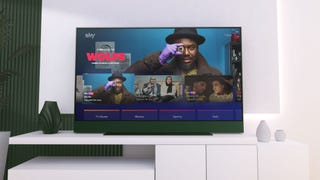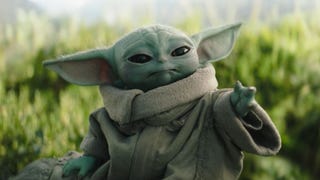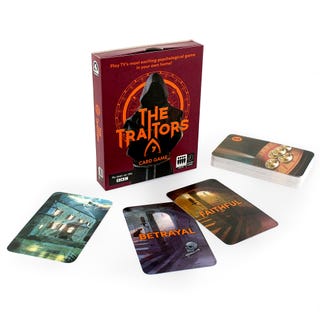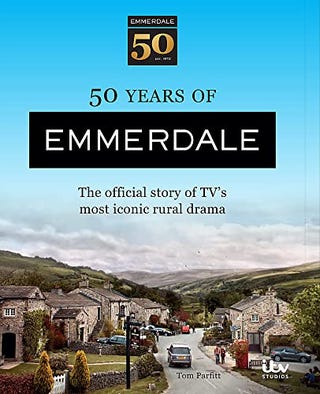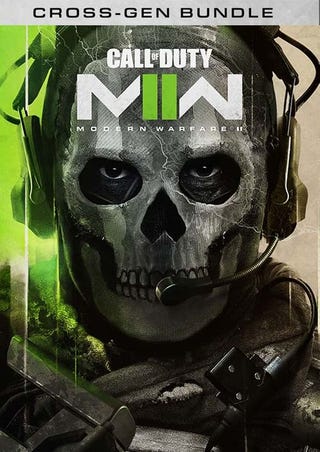Rainbow Crew is an ongoing interview series that celebrates the best LGBTQ+ representation on screen. Each instalment showcases talent working on both sides of the camera, including queer creatives and allies to the community.
Next up, we're speaking to Bros stars Billy Eichner and Luke Macfarlane.
As the first gay rom-com produced and distributed by a major American studio, Bros was always going to draw a lot of attention. And yes, some of that has predictably come from boring homophobes who can't stomach the idea of two men boning or even – *shudder* –falling in love on screen.
But the backlash hasn't just been rooted in prejudice. Some detractors have also criticised the film for prioritising gay white characters, which is still an ongoing problem when it comes to LGBTQ+ representation. Others resent the marketing's sincerity, accusing Bros of trying to appeal to straight audiences rather than the queer community it should have been created for.
And then, when the film underperformed at the US box office last month, others also pushed back against Billy Eichner's claim that homophobia was to blame for lacklustre ticket sales. Let gay art face the same criticism as any other kind of art, they said.
There's definitely some merit to that, but then again, is it fair to pile so much pressure and expectation on just one film? No other mainstream Hollywood romcom shown in cinemas has ever had to endure this level of scrutiny, and that's because they're all straight (Side note: Fire Island was on streaming only, and Love, Simon is more of a teen coming-out story than anything else).
In short, the discourse has been a lot — unless you're one of the lucky ones who isn't terminally online. In that case, all this chatter has probably passed you by, allowing you to appreciate Bros on its own merits.
It's important to point out here that Bros does have plenty of merits absolutely worth celebrating. At a time when gay torture porn continues to top the Netflix charts, it's refreshing and even beautiful to see a messy gay romcom subvert straight clichés through a mainstream, yet still decidedly queer, lens (even if that rimming scene didn't make the cut).
Digital Spy caught up with the two leads, Billy Eichner and Luke Macfarlane, to discuss Bros' radically traditional approach to gay sex, queer joy, and how it feels to piss off gays and straights alike with just one film.
There's so much queer joy in Bros, and that's something we're still not seeing enough of right now on-screen. Why do you think it's important to include that in a film like this?
Billy Eichner: I think it’s important for queer people to see our lives with a happy ending, with hope and romance and sex and all the good things in life – comedy, making fun of ourselves, and making fun of each other in a light-hearted way.
We’ve gotten so many stories from mainstream Hollywood that focus on tragedy, the suffering of being gay, the challenges of being gay, and suffering in the closet. Those are important stories to tell. They always will be. But we’ve gotten so few of the other side of it. And often those stories don’t really reflect my life, or the lives of my gay friends who are…
We’re human beings. We have challenges. We have flaws. But they’re not tragic. You know, we tend to be happy, hopeful people – or, at least, we try to be. So I just think it’s important for us to see that more.
Luke Macfarlane: And for queer performers, too. So many of the opportunities for an actor like myself, would be, you know, in the tragic sort of… It’s wonderful to get this kind of an opportunity.
Bros embraces gay sex in a similar way too, celebrating it as so much more than just a romcom punchline. There’s a humanity to it that I thought was really vital. Can you talk us through these sex scenes and the film's approach to them?
BE: We didn’t really sit down and intentionally say, "We’re going to put gay sex in here as a political act." Although I think inherently anything LGBTQ+ becomes political. But sex is a part of dating, you know?
I think for these two characters, who are used to pretty much sex being the only intimate relationships that they have – what’s provocative for these characters is emotional vulnerability and real intimacy.
It would make sense that they would jump into bed, and try to use that to show how tough they are, because that’s kind of what they’re working through. They’re trying to shed that. We watch that evolve, and that plays out in the sex scenes over the course of the movie, which start off very animalistic, and become more vulnerable and romantic.
And also, it’s just funny. Sex can be funny and awkward, in addition to being romantic. I think that that’s part of what dating is, so you might as well show it.
LM: And it reveals something about who these people are. We get to see how they really are, through their sex.
It’s so rare that we… We take for granted or… I just assume people know about gay sex. But I’m reminded, watching this film with straight people, that they’re not used to seeing that, and it might make them feel a little uncomfortable. But you know what? We’ve watched a lot of straight people have sex.
BE: And it is important to remove whatever stigma there might be about that. It’s not why we put it in the movie but I do think that is a side effect, and that is a good thing.
There’s been a lot of talk around the film online, including some criticism from the queer community. What are your thoughts on this evolving discussion around Bros?
BE: It’s kind of interesting and absurd. There’s such a disproportionate talk about a movie that 90% of the people creating that discourse haven’t seen. But it’s also just part of the world we live in, you know?
We’ve gotten so few movies like this that have been this aggressively marketed, with all the financial resources that Universal put behind it, that it’s just inevitably going to spark a very extreme reaction on both sides.
You have people really wanting to celebrate it, and really loving the movie. And then you have people who kind of instinctually, even within the queer community – their instinct tells them to rip it apart.
If you’re familiar with this play called The Boys In The Band, which was kind of this seminal play that was turned into movies and revived recently – that play takes place before Stonewall. It’s about a bunch of gay men who come together for a birthday party – a group of gay friends in New York in the mid-‘60s. The party devolves to a point where they’re all viciously attacking each other – right?
And I think that sadly there’s still a real, tangible element of that in the gay, male community. The Boys In The Band is still alive – it just moved to Twitter. It’ll take a psychologist more articulate than I to explain it. But I think it’s interesting that we’re still dealing with it.
LM: I’d much rather be part of something that people are discording about, rather than something that people aren’t.
BE: I think it’s important, too, to say that the discourse is not the movie. Discourse is discourse, and the movie is the movie. And 90% of the discourse, again, is coming from people who haven’t seen the movie. When they see the movie, so many of them are like, "Oh, it’s actually really funny." Or, they’re begrudgingly admitting that it’s very funny.
That’s just part of the existence of gay men, I think, and it’s something we can dive into at another time.
Bros is out now in cinemas.




